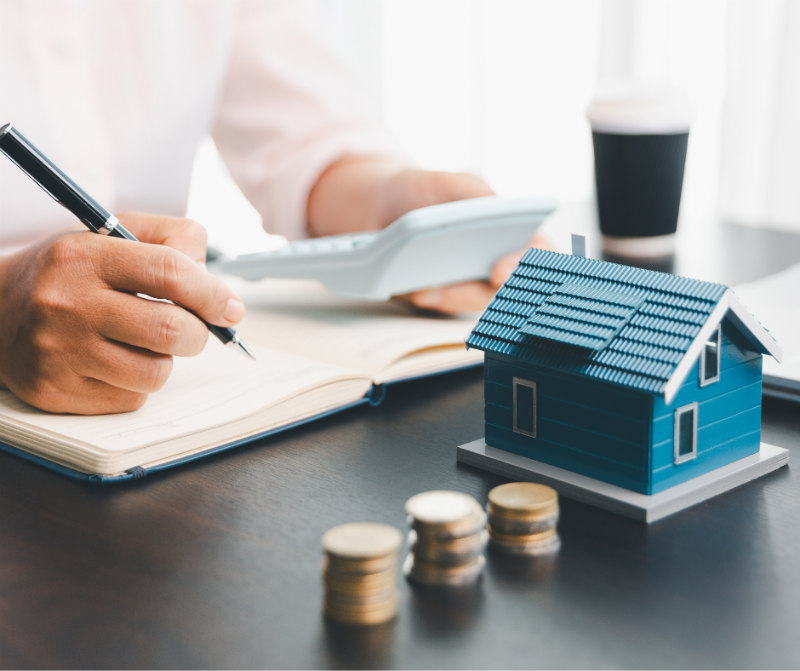
We have worked with lots of local landlords for many years. The tax landscape has increased in complexity over the last decade, and the most recent development comes into effect in April 2026, with the introduction of Making Tax Digital for Income Tax. You can read more about those changes here.
In our experience, sole trader landlords (those who aren’t set up as a limited company) prefer to manage their own tax affairs if they feel confident enough to do so. However, when tax legislation changes (as it inevitably does), it isn’t easy to maintain that knowledge and confidence, which is when you need a trusted accountant and tax advisor to guide you.
This month, our blog is led by the common questions we’re currently hearing from sole trader landlords. We’re going to set the record straight on allowable expenses as a buy-to-let landlord, and what you can (and cannot) claim on a self-assessment tax return.
What expenses can a buy-to-let landlord claim against tax?
You will need to complete the ‘UK property’ pages of your tax return if you earn income from letting out residential property. This is where you declare the income you have received, and details of all the expenses associated with the rental of that property. Some will be allowable expenses that can be deducted from your rental income, therefore reducing your taxable profit. Other expenses are not deductible, and this is often where issues can creep in. If you’re not clear on which expenses are allowable, you could end up with a bigger tax bill than you were expecting!
Allowance expenses must be wholly and exclusively for the purpose of renting out the property, for example:
- General property maintenance and repairs (e.g. fixing a boiler, repainting between tenants)
- Utility bills (if paid by you): water, gas, electricity
- Council tax (if paid by you)
- Ground rent and service charges
- Insurance (e.g. building, contents and public liability)
- Letting agency fees/management fees
- Accountant’s fees
- Direct costs (e.g. advertising for new tenants, phone calls, stationery, postage)
- Gardening and cleaning costs
You can also claim for the costs for disposing of old items of furniture or electrical appliances (but take note that the replacement must be like-for-like, and you must deduct any sale proceeds from the old item).
Mortgage Interest Relief.
The area of expenses which causes the most confusion with sole trader landlords is mortgage interest relief. Before April 2020, landlords could deduct mortgage interest from their rental income to reduce their taxable profits. This relief was phased out between 2017 and 2020.
Today, landlords cannot deduct mortgage interest from rental income. Instead, they receive a 20% tax credit on mortgage interest paid.
Landlords can claim 20% on the lower of:
- Mortgage interest paid in the tax year
- Property profits (after other allowable expenses)
- Adjusted total income (above your personal allowance)
If your rental income was £11,400 per year and the mortgage interest was £7,200 per year, the tax credit would be based on the mortgage interest. In this example, the tax credit £1,440 (20% of £7,200).
The good news is, that any unused portion of tax credit can be carried forward i.e. if your mortgage interest exceeds your property profits or adjusted income.
Personal, proactive and professional tax advice for landlords.
The team at Accounting Clarkes have worked with many landlords navigating the complexities of the tax landscape. We know how busy you are taking care of your properties and your tenants, and possibly running this alongside other businesses or employment!
If you’re looking for a friendly team of accounting and tax professionals, look no further than Accounting Clarkes. Book a discovery call with Gillian and Chris today – call 01252 612484.